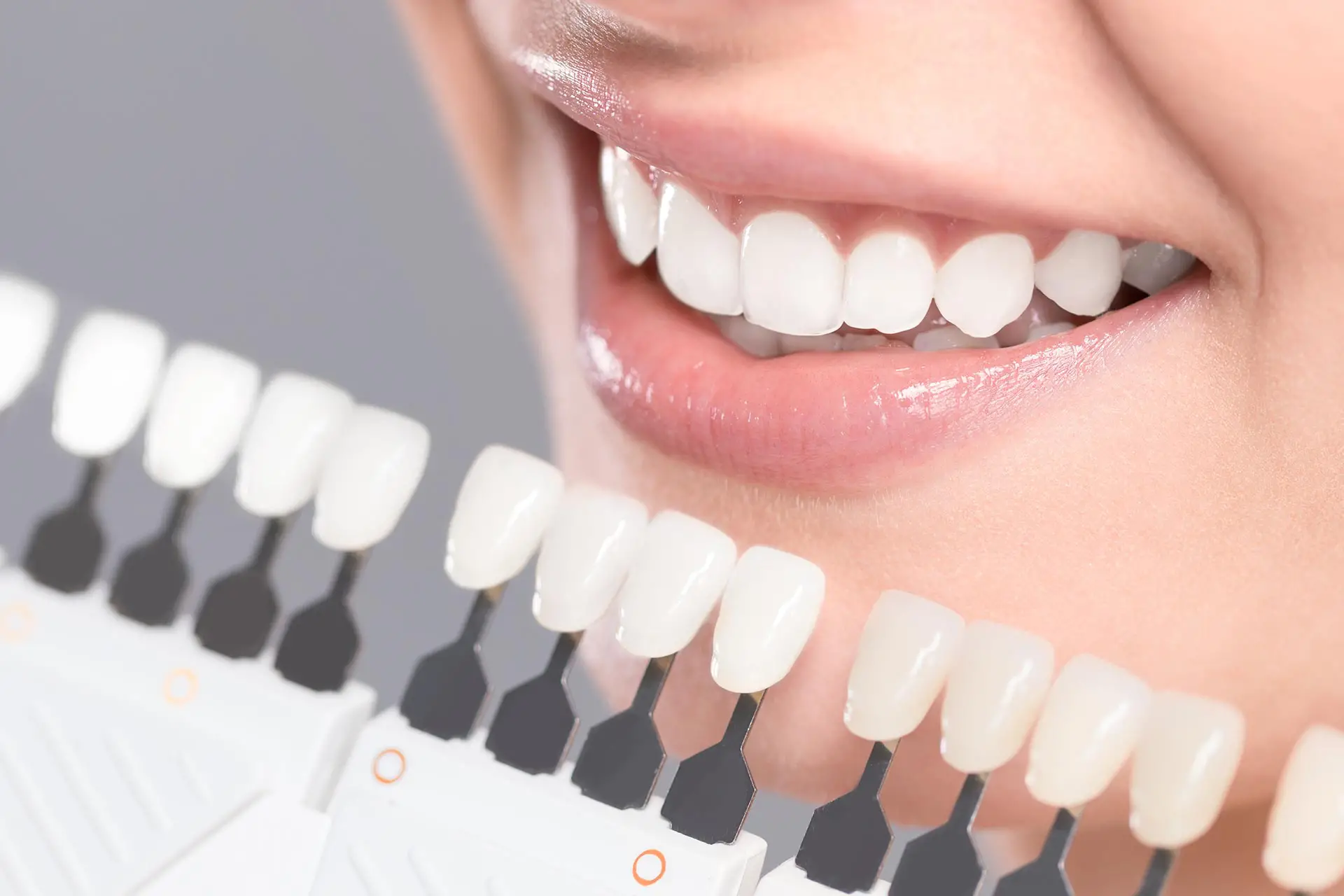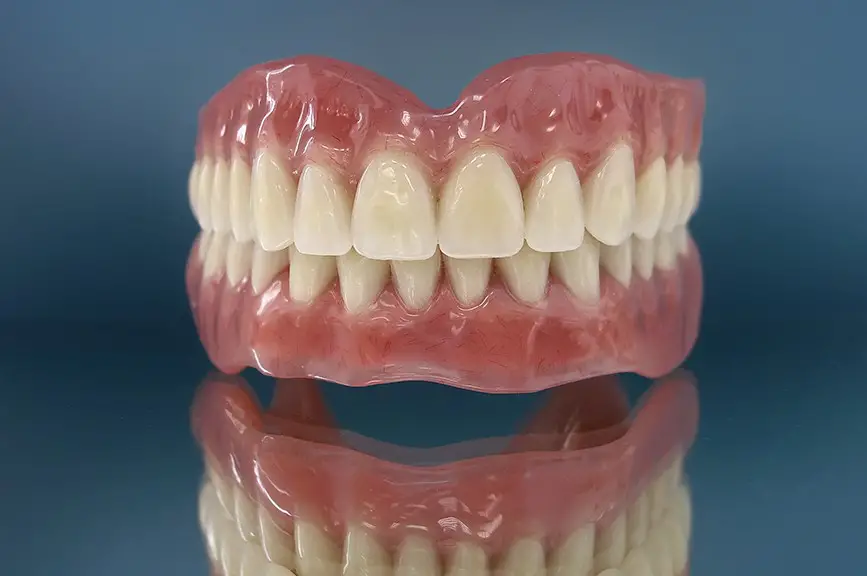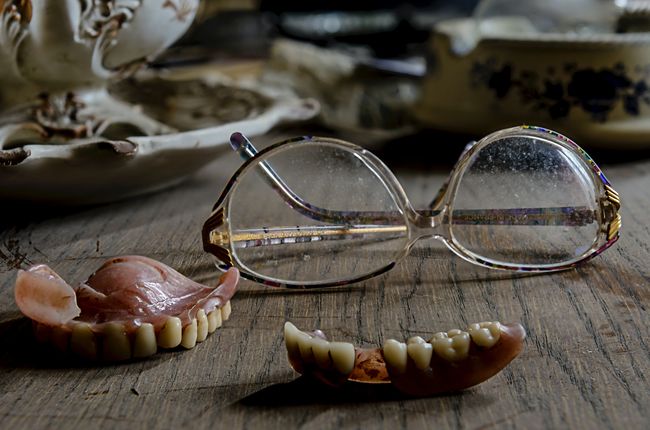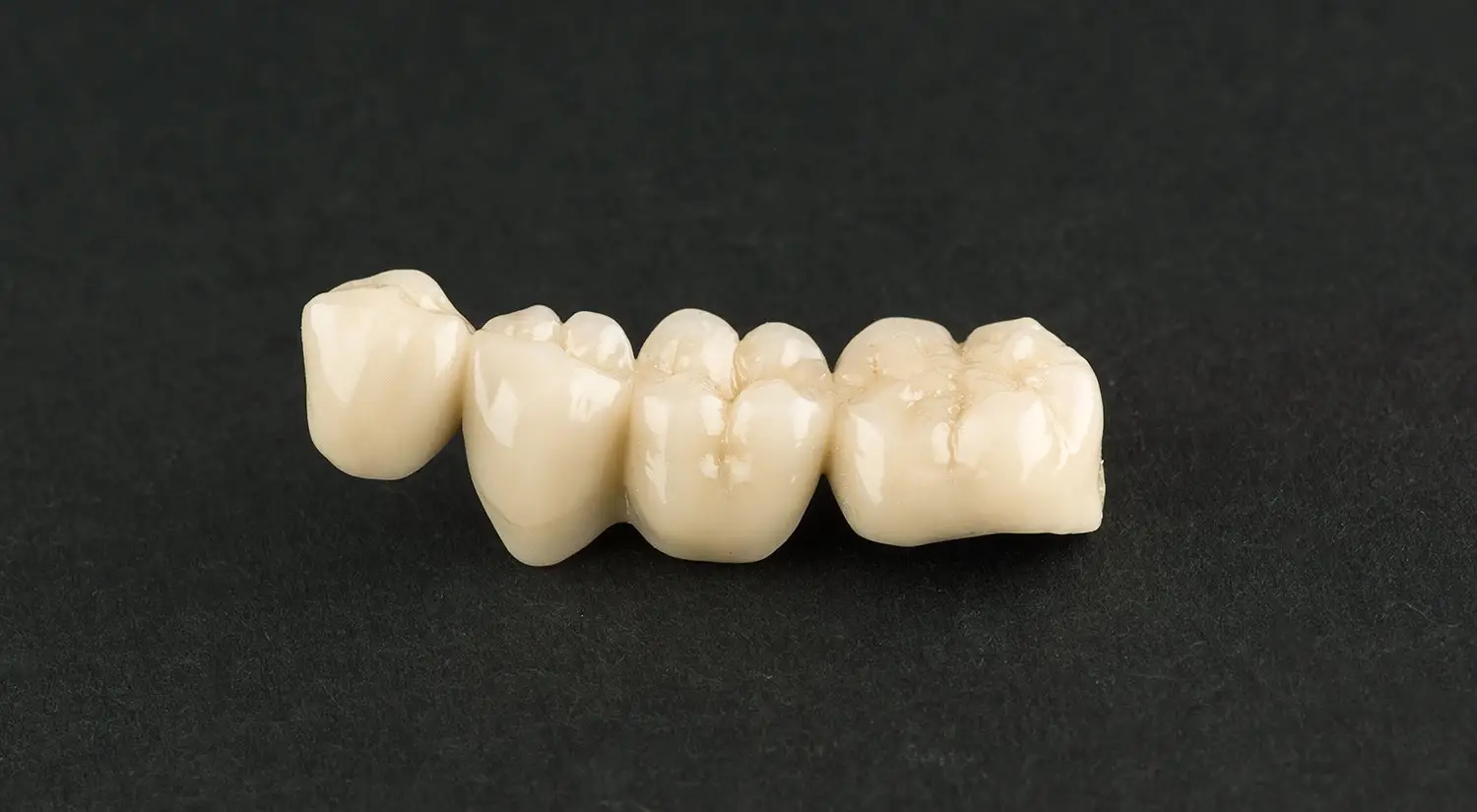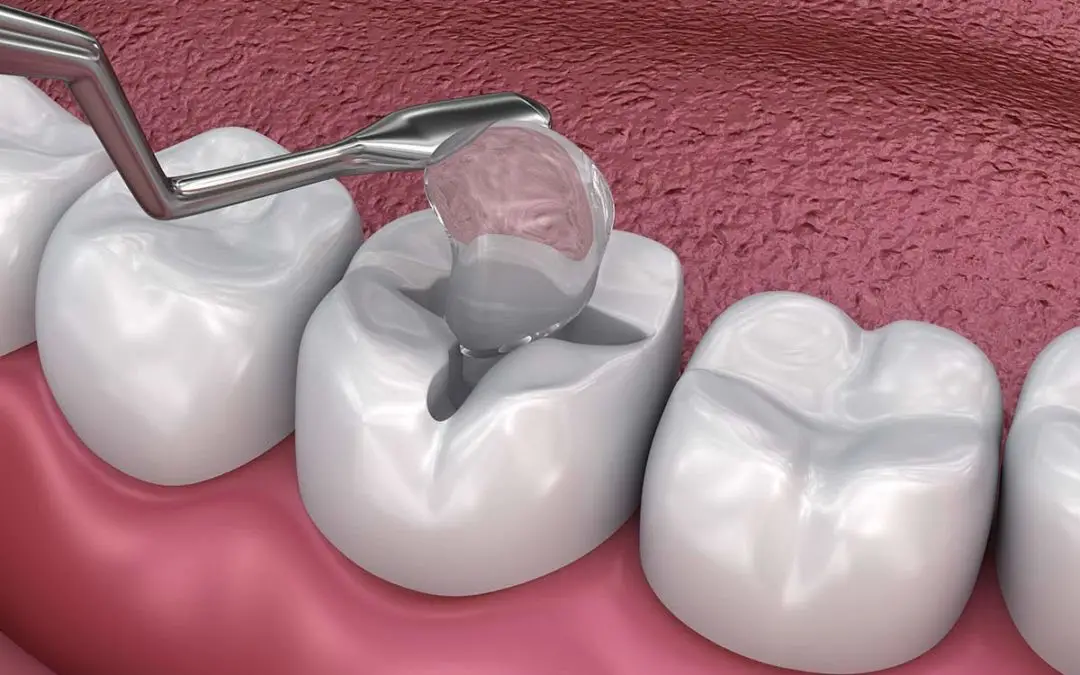Dental fillings play a crucial role in maintaining your oral health. They not only restore the function of decayed or damaged teeth but also help prevent further complications. If you've recently had fillings placed, you might be wondering how to care for them effectively. After all, keeping those fillings in top shape is essential for long-term protection against tooth decay and other dental issues.
In Lubbock, TX, where access to quality dental care is paramount, understanding how to take proper care of your fillings can make all the difference. Whether you're new to having dental work done or a seasoned veteran with years of experience under your belt, this guide will provide you with valuable insights on caring for your fillings and ensuring they last as long as possible. Let's dive into the world of dental maintenance!
Understanding the Different Types of Dental Fillings
When it comes to dental fillings, variety matters. Different materials serve different needs, and understanding these can guide your choices.
- Amalgam fillings are a classic option. Made from a blend of metals, they're durable and cost-effective, ideal for back teeth where pressure during chewing is greatest.
- Composite resin fillings offer aesthetics as their main advantage. These tooth-colored materials blend seamlessly with natural teeth, making them perfect for visible areas.
- Ceramic fillings are another appealing choice. They resist staining and mimic the look of enamel well, but can be pricier than other options.
- Glass ionomer is less common but still relevant. This material releases fluoride over time, helping protect against further decay while being particularly useful for children's cavities or in areas not under heavy bite pressure.
Choosing the right type depends on various factors, including location in the mouth, budget, and personal preference regarding appearance and durability.
Proper Care for Dental Fillings
Taking care of your dental fillings is essential for their longevity. Begin by adjusting your eating habits, especially right after getting new fillings. Avoid hard and sticky foods that can put undue pressure on them.
- Brushing your teeth regularly remains crucial. Use a soft-bristle toothbrush to prevent any damage while effectively cleaning around the filling areas. Don't forget to use fluoride toothpaste; it helps strengthen the surrounding enamel.
- Flossing should be done gently but consistently. Pay attention to the spaces between the filled tooth and its neighbors, as food particles can easily get trapped there.
- Stay mindful of any changes in how things feel when you bite down or chew. If something feels off or painful, reach out to your dentist promptly for advice or adjustments.
- Consider using an antibacterial mouthwash occasionally; this can help reduce bacteria buildup near your fillings and keep everything fresh.
Common Mistakes That Can Damage Your Fillings
Many people unknowingly make choices that can harm their dental fillings.
- One common mistake is chewing on hard foods, like ice or hard candies. This pressure can crack or dislodge fillings over time.
- Another issue arises from neglecting oral hygiene. Skipping regular brushing and flossing allows plaque buildup, which can lead to decay around the filling.
- Additionally, using teeth as tools—like opening packages or biting nails—can also cause damage. Fillings are durable but not indestructible.
- Skipping dental check-ups is a significant error. Regular visits allow your dentist to monitor the condition of your fillings and address any issues before they escalate.
Being mindful of these mistakes helps ensure that your fillings remain intact and effective longer in protecting your smile in Lubbock, TX. Contact us to learn more.
Maintaining Good Oral Hygiene to Protect Your Fillings
Good oral hygiene is crucial for protecting your fillings.
- Brushing twice a day removes plaque and food particles, preventing decay around the edges of your fillings. Use fluoride toothpaste to strengthen enamel and reduce the risk of cavities.
- Don't forget to floss daily. Flossing helps clean areas that your toothbrush might miss, especially between teeth where bacteria can thrive. This simple step can significantly extend the life of your dental work.
- Rinsing with an antibacterial mouthwash also adds an extra layer of protection. It fights harmful bacteria and keeps your breath fresh while promoting gum health.
- Be mindful of dietary choices, too. Sugary snacks and acidic drinks can wear down both natural teeth and fillings over time. Opt for healthier alternatives like fruits or nuts when possible.
- Stay hydrated! Water not only washes away food debris but also promotes saliva production, which naturally protects against tooth decay.
Regular Dental Check-Ups and Maintenance for Long-Term Protection
Regular dental check-ups play a crucial role in protecting your fillings. During these visits, your dentist can identify any issues before they escalate. This proactive approach helps preserve the integrity of your dental work.
Professional cleanings remove plaque and tartar buildup that can compromise your oral health. Your dentist will ensure that the areas around your fillings are clean and free from decay.
Additionally, routine exams allow for adjustments if needed. Sometimes, fillings may wear down over time or develop minor cracks. Catching these problems early is essential for long-term durability.
In Lubbock, TX, finding a trusted dentist who prioritizes preventive care is vital. Building a solid relationship ensures you receive personalized guidance on maintaining those important fillings throughout the years.
Scheduled appointments provide peace of mind as well; knowing that you're taking responsible steps toward lasting oral health can alleviate anxiety about potential dental issues in the future.
Conclusion
Taking care of your dental fillings is essential for maintaining their longevity and effectiveness. Whether you have composite, amalgam, or porcelain fillings in Lubbock, TX, understanding how to protect them will save you from unnecessary dental visits and expenses. Proper care involves regular brushing and flossing, along with avoiding certain habits that can cause damage.
Being mindful of your oral hygiene practices can go a long way in preserving the life of your fillings. Remember that routine check-ups with your dentist play a crucial role too; they ensure any potential issues are caught early before they escalate into bigger problems.
By following these tips and remaining vigilant about your dental health, you'll not only extend the lifespan of your fillings but also contribute to overall oral wellness. Prioritize those appointments and make good choices every day for a healthy smile that lasts!
Dr. James Thurber DDS, located in Lubbock, TX, has modern amenities and the latest technologies that enable the best dental care facilities for patients. Call us at (806) 745-6644 and book a consultation with the dentist.


